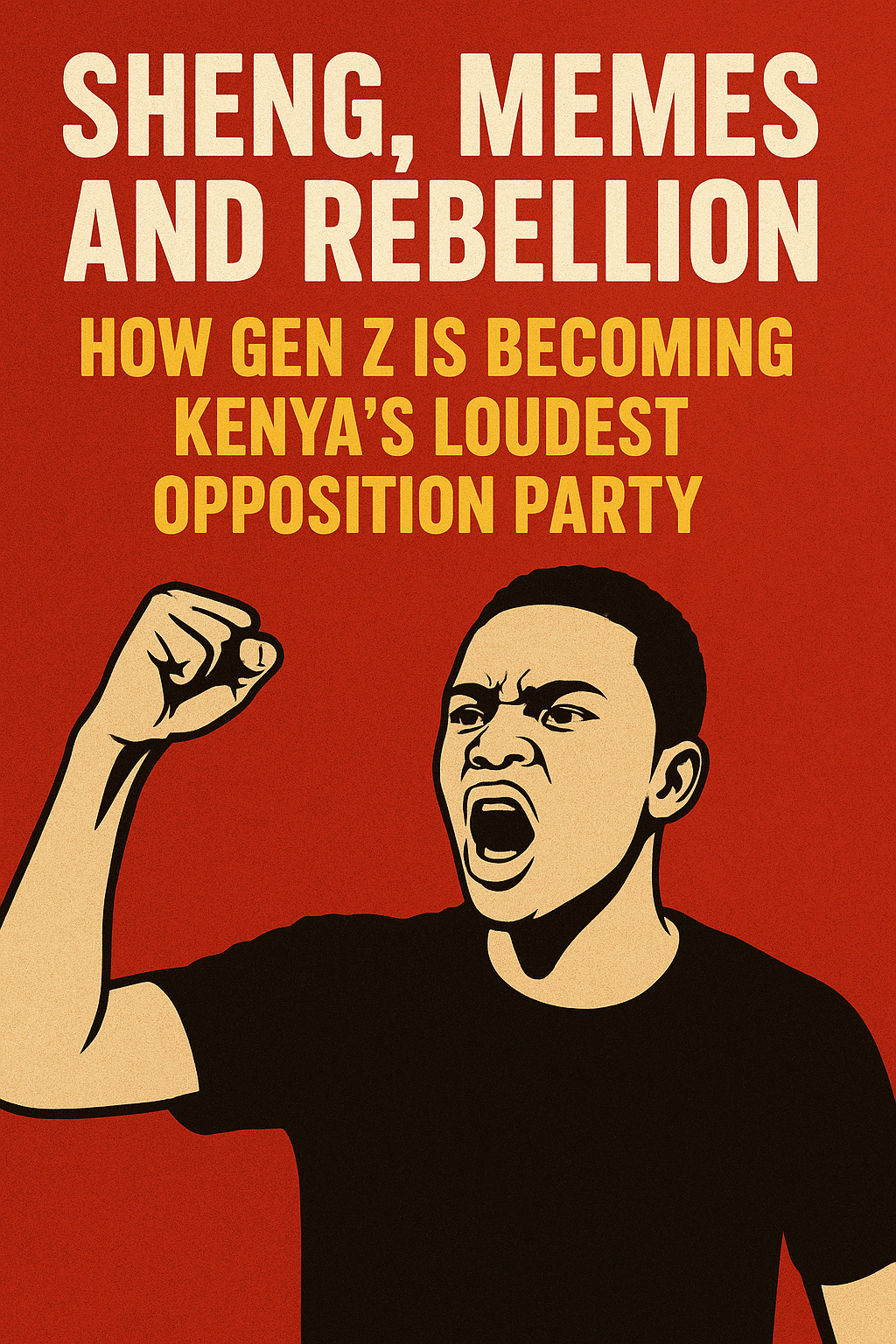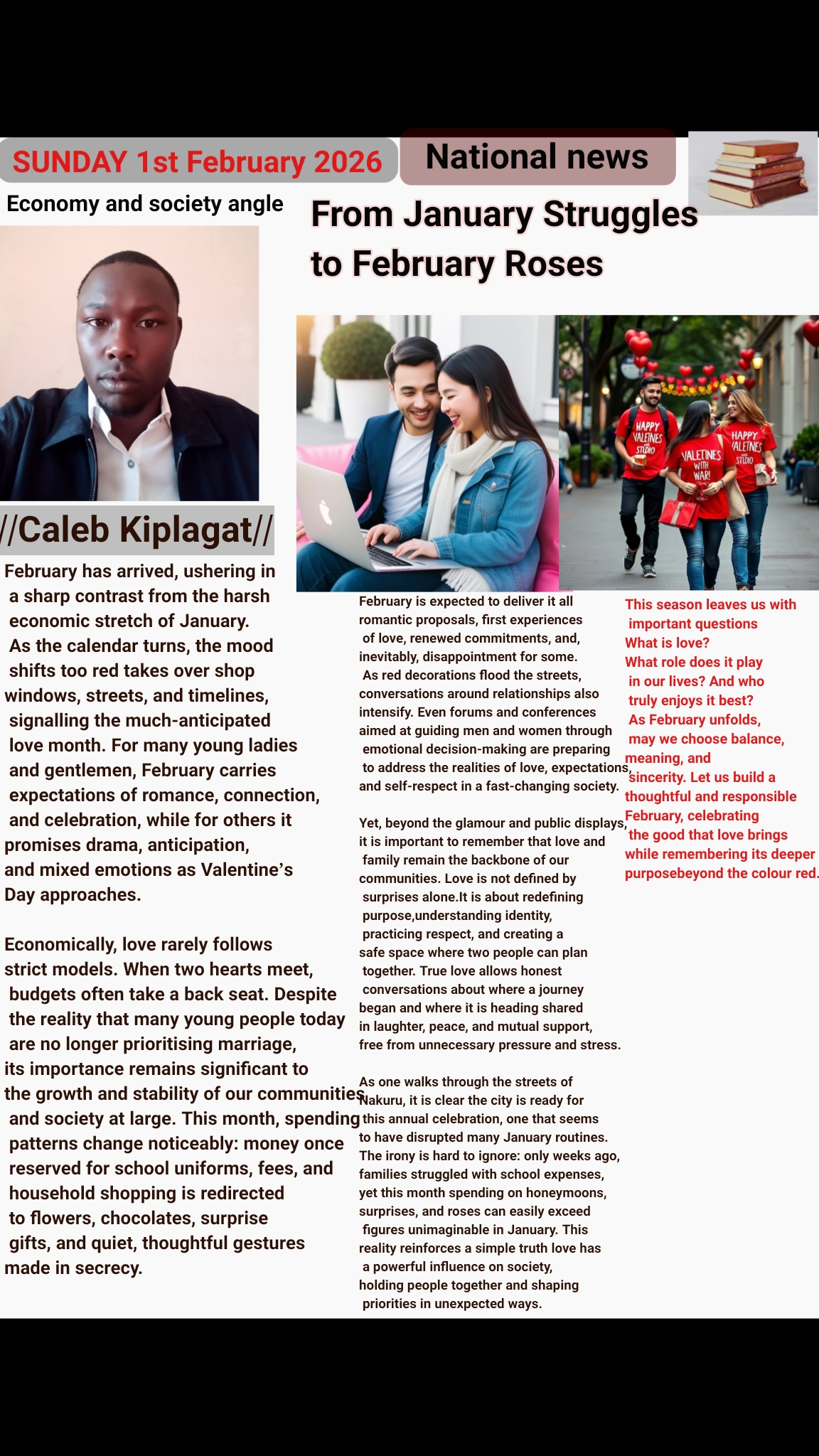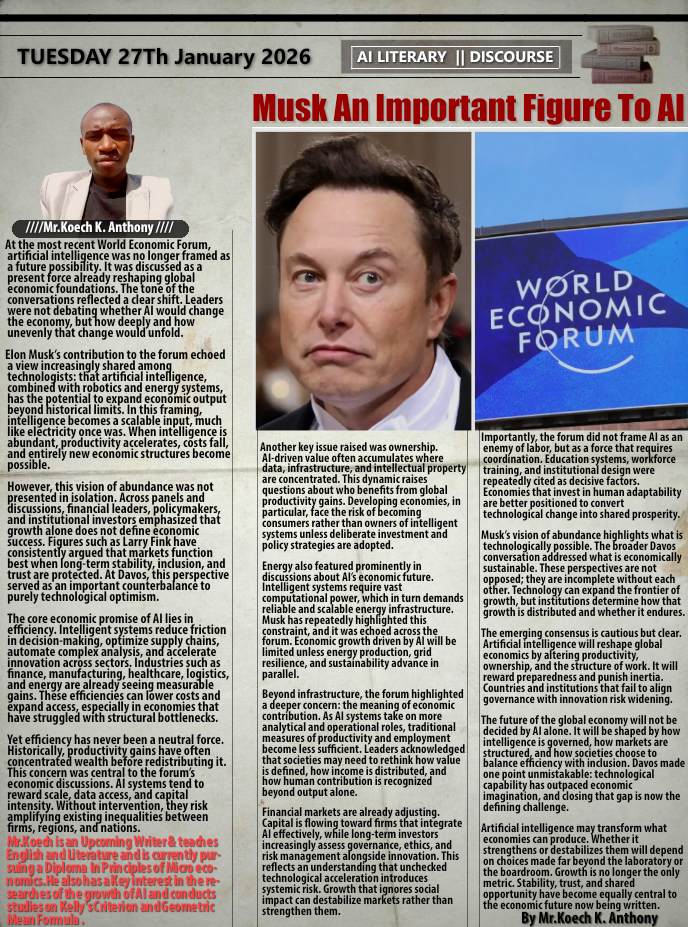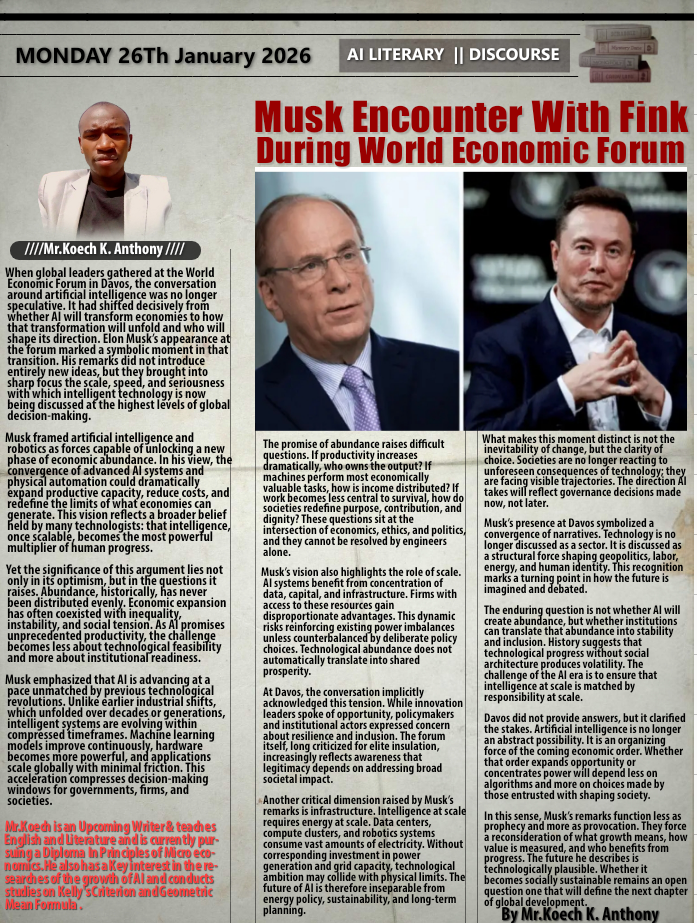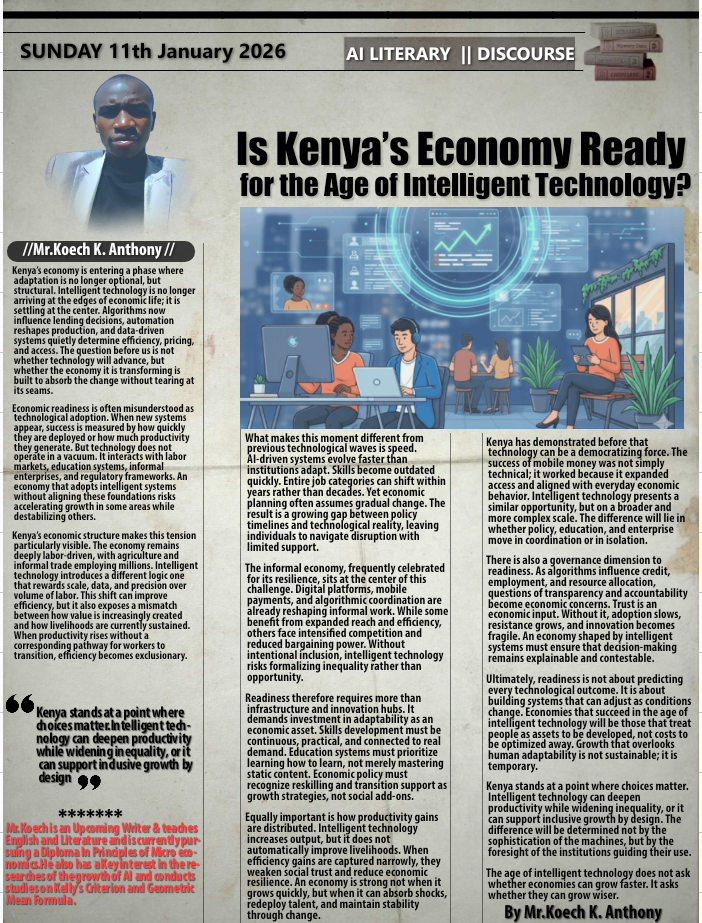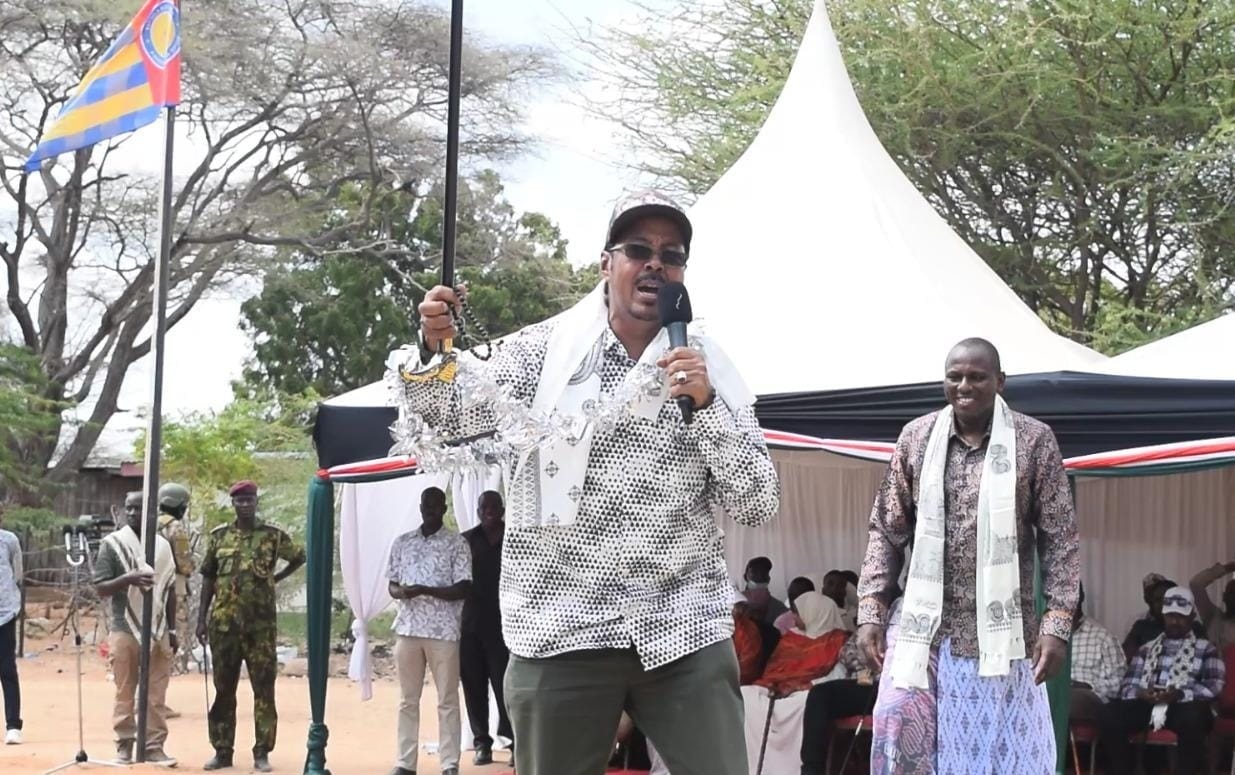Kenya’s political landscape has always been vibrant, dramatic, and often unpredictable. But in recent years, a new force has entered the arena. It is not a political party, nor does it have a leader, manifesto, or headquarters. Instead, it is a generation armed with smartphones, sharp wit, endless creativity, and the unfiltered courage to call out power. Kenya’s Gen Z is steadily becoming the loudest opposition party, and they are rewriting the rules of political engagement.
For decades, opposition politics in Kenya followed a predictable script. Political figures rallied citizens through party colors, roadside speeches, and fiery press conferences. But Gen Z has changed the stage. Their platforms are not town halls or political rallies. They live on TikTok, X, and Instagram, where hashtags trend faster than government press statements. They roast politicians in meme form before official responses even hit the news cycle.
The most striking example came during the CHAN qualifiers when Harambee Stars were playing. In that moment of national pride, Gen Z flooded timelines with unity and declared they had “forgiven” President William Ruto for the high cost of living, broken promises, and unpopular taxes. But the forgiveness lasted only as long as the match. Hours later, the chants returned online, with the now-famous “Ruto Must Go” anthem rebranded into the viral “WANTAM.” It was a reminder that for Gen Z, politics is not just serious business, it is also performance, satire, and protest blended into one.
What sets Gen Z apart is how they use language. Sheng is no longer just Nairobi street slang. It has become the unofficial political dialect of resistance. Phrases, punchlines, and trending words carry the weight of collective frustration while sounding like everyday banter. A single Sheng phrase in a meme can cut deeper than a three-hour parliamentary debate.
Memes are their protest posters. Instead of placards, they edit photos of politicians with biting captions and spread them across digital platforms. A badly timed government announcement can be turned into a viral joke within minutes, shared by thousands, and imprinted in the national conversation for weeks. This rapid-fire humor has become more effective than traditional opposition speeches, reaching both the politically active and the politically weary.
But Gen Z is not just trolling for laughs. They are organizing, mobilizing, and shaping narratives in ways that challenge the government’s control of the conversation. During the nationwide protests against the Finance Bill, it was TikTok livestreams, X threads, and viral graphics that coordinated turnouts, raised awareness, and pressured leaders into public responses. The government’s traditional approach of press conferences and controlled media narratives often arrived too late. By then, Gen Z had already set the agenda.
The rebellion is clear. To Gen Z, traditional politics is outdated and compromised. They are not waiting for opposition parties to defend their interests. They are their own opposition, leaderless but loud, chaotic but effective. They may forgive for 90 minutes of football, but once the whistle blows, they return to being critics, meme-makers, and protestors.
Kenya’s political elite may not take them seriously now, but to underestimate Gen Z is to ignore a force that has redefined what resistance looks like. In the streets, they chant. Online, they create. In Sheng, they demand accountability. And together, they are proving that the loudest opposition party in Kenya today might not be in Parliament at all; it might just be scrolling on your timeline.
